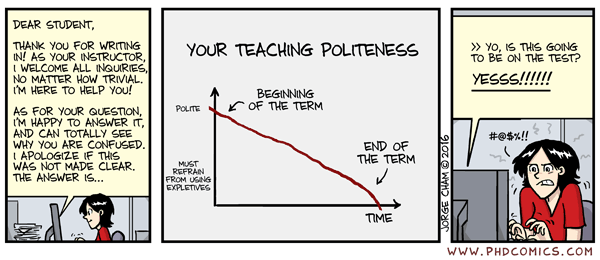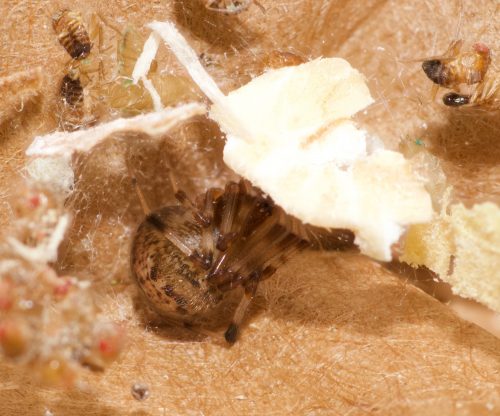Hey, friends! How about if I try another shot at this YouTube thing? I’m going to try to go live tomorrow, Saturday 7 December, at 2pm Central for what I’m calling A Casual Conversation About Science. I figure I’ll just start talking about what I’ve been reading about lately, or at least what I’ve been reading that maybe you’d find interesting.
There is no homework — this is casual, informal, all that stuff — but here’s a reading list. I figure I’ll just start at the top and work my way down, without an expectation that I’ll get to everything within an hour or so. I’ll take questions, and if there’s a lot of clamor for something, I can change up the order or talk about something completely different. I’m going in with an intent for some structure, but I can ramble if necessary. The reading list is mostly about genes and evolution.
Can new species evolve from cancers?
How Many Genes Do Cells Need? Maybe Almost All of Them
Light-regulated collective contractility in a multicellular choanoflagellate
The Early Ediacaran Caveasphaera Foreshadows the Evolutionary Origin of Animal-like Embryology
I put the stuff I’m sure everyone can read first, but then the paywalls start going up in the last three. If you haven’t read it, don’t feel frustrated, we can still talk about it and I’ll try to explain it.
Note also: no spiders. OK, maybe a tiny bit about arachnid evolution in the last paper, but otherwise, this is mostly a spider-free session. Maybe we can have a spider conversation some other time.






